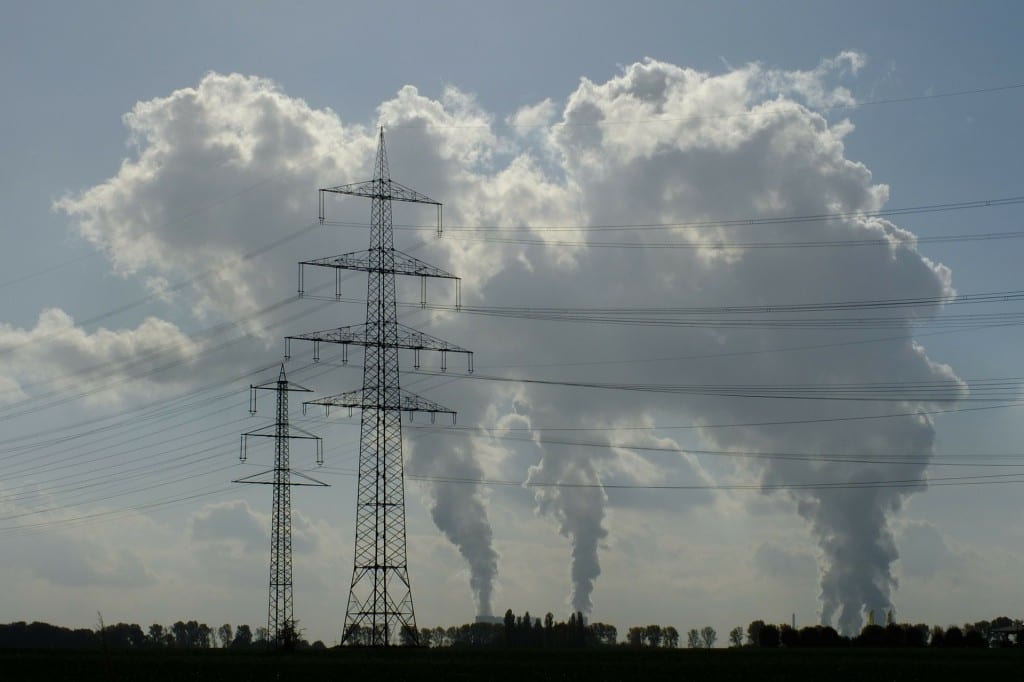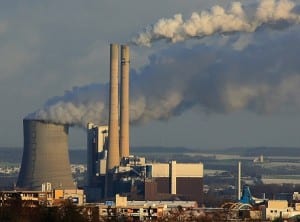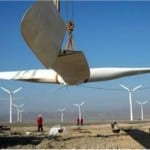This December, Professor Jim Watson spoke at UCL on the topic of decision-making in the face of uncertainty. As the lead author of the UK Energy Research Centre (UKERC) synthesis report “UK Energy Strategies Under Uncertainty” Professor Watson discussed key technical, economic, political, and social uncertainties in the UK’s low carbon transition.
To date, the United Kingdom has met the targets set out in its carbon budgets, moving the country closer to its 2050 goal of an 80% reduction in carbon emissions compared to 1990 levels. But, existing uncertainties lead to questions regarding the achievability of future carbon budgets, as was shown with the controversy surrounding the 4th carbon budget (2023-27). When the budget was originally passed, it came with the condition that it should be reviewed. Only recently has the government accepted the recommendation from the Committee on Climate Change (CCC) that the budget should not be relaxed.
In his talk Professor Watson discussed uncertainties facing the future of the UK low carbon transition and the impacts of these uncertainties on decision-making. His presentation was largely based on a recent UKERC report that not only focused on current uncertainties but also provided a list of steps that could be taken to either reduce the uncertainty itself or its potential impacts.
Note: UCL Energy Institute’s Steve Pye, Nagore Sabio, Neil Strachan, and UCL ISR’s Christophe McGlade also contributed to this report.
The presentation emphasized uncertainties in the future of electricity generation, heat, and transportation in a national low carbon transition (slides found online here and video found here). But, according to Professor Watson, the report also covered topics like energy efficiency and impacts on ecosystem services. Overall, the UKERC’s work came to seven major conclusions (paraphrased below):
- Electricity decarbonisation is essential in the shorter term
Power sector decarbonisation by 2030 is essential if the UK is to meet carbon emissions targets and also minimise the costs of doing so. As this process will require large amounts of capital investment, the question of capital availability is important. While these is not necessarily a shortage of available capital in absolute terms, funding is not boundless and electricity decarbonisation investments must compete with other investment options. In turn, changes to policy frameworks, market structures and business models may be needed to attract that capital to the UK power sector.
- Limited existing technology options for large-scale, low-carbon electricity
There are currently a limited number of options for large-scale low carbon electricity generation technologies that can have a significant impact on electricity sector decarbonisation before 2030. Furthermore, all of these options face economic, technical and political challenges. According to the report, “given the financial resources required and the political tensions with some of these technologies, it will be tough for the government and industry to maintain momentum on all of them. It is therefore essential that any decisions to prioritise particular technologies are evidence based.”
- For heating and transport, electrification might (not) not be the best route
Much of the focus in decarbonizing transportation and heat has been placed on electrification. However, it is not yet clear if this is the best route for reducing emissions in these sectors. In turn, emphasis should be placed on continuing experimentation, demonstration and learning for each potential option. This learning process should include both technical and non-technical factors (e.g. consumer attitudes, business models, regulatory frameworks).
4. Energy efficiency can buy time
Should the deployment of low-carbon technologies struggle, energy efficiency can buy time and assist in meeting carbon goals. Efficiency projects are also an effective way to reduce consumers’ bills. Therefore, action to increase energy efficiency should be a short-term priority.
- Public engagement is essential
Engagement with people and communities is an essential component of the UK’s low carbon transition. Genuine engagement is needed so that public attitudes to energy system change – and not just to individual technologies – are taken into account in this transition. This engagement should also focus on how the shift to more sustainable energy systems should be organized and paid for. This approach could not only increase the chances of public support for change, it could also open up possibilities for compromise
6. Delay is risky
There are significant risks to scaling back the UK’s low carbon ambitions, as some have advocated including not only prolonged reliance on a fossil fuel based energy system but also the resulting exposure of consumers and the UK economy to the potential impacts of high fossil fuel prices. However, under the current low carbon transition plan, natural resource issues – including controversies related to shale gas and biomass – are also important and may limit the extent to which they can be developed and used.
7. Implications for ecosystems is unclear
The transition to a low carbon energy system will have uncertain implications for ecosystems, both in the UK and globally. While this report presents evident suggesting that low carbon technologies will have fewer and/or less serious impacts than fossil fuels, it also states that the evidence base is weak and that significant further research is needed.
 Close
Close











